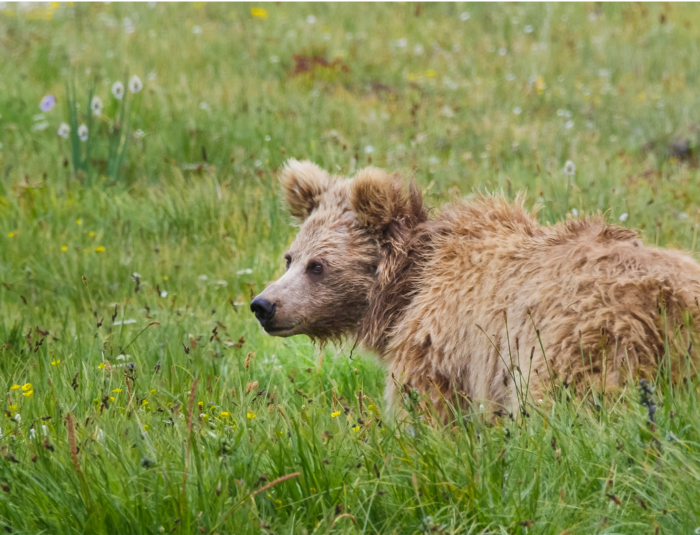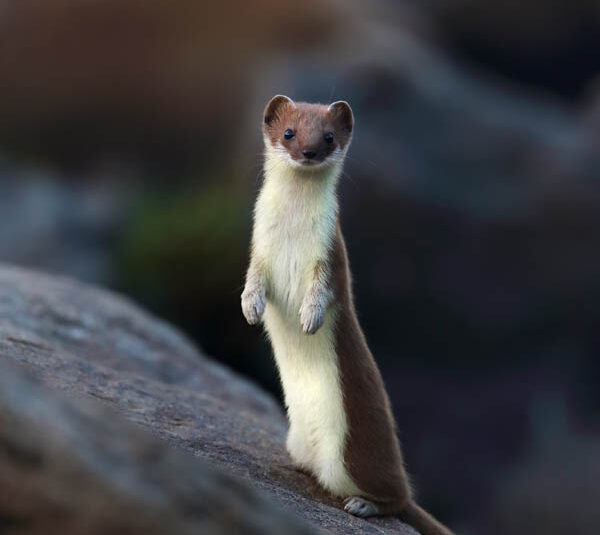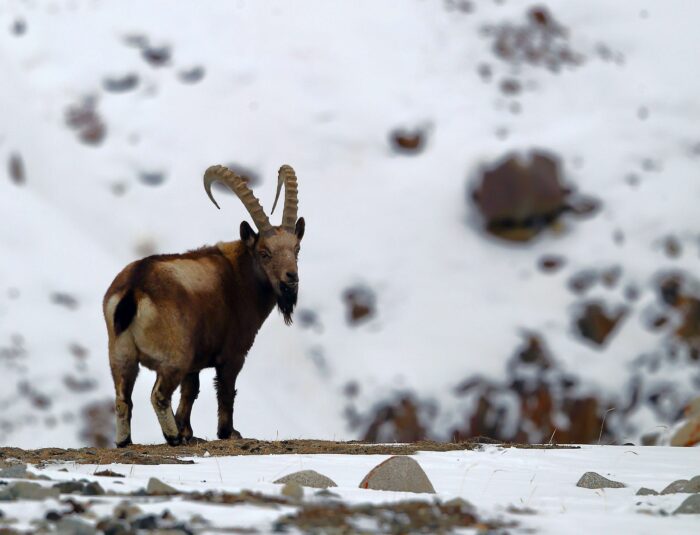

Despite making up only a small portion of all mammalian biomass, large carnivores have been a great source of fascination for society. This fascination stems from their strength and beauty as well as their frightening and elusive nature. The conservation of carnivores forms the core of SLF’s conservation strategy, given the importance of carnivores for the correct functioning of an entire ecosystem. They do so by regulating or limiting the number of prey species. Carnivores are also considered to be key umbrella species because their presence often benefits other life forms. Biological traits that make species most vulnerable to extinction, such as large home ranges,…

Both hunters and hunted, the small carnivores weigh less than 0.5 kilograms and are the least explored among mammalian carnivores. Small carnivores make an essential part of the ecological processes, contributing to the development of many ecological concepts; however, despite their importance and functional uniqueness, small carnivores remain elusive in scientific literature because they are notoriously difficult to study in the wild. These species play a crucial role in ecosystems as predators of small vertebrates and invertebrates, and frugivorous species are important seed dispersers. In Pakistan, small carnivores are often neglected and prone to severe existential threats. By taking advantage of advanced technology such as…

Literally, “Ungulate” refers to any animal with hooves, a hoof being an enlarged toenail. Important wild ungulates of Pakistan include Markhor, Urial, Ibex, Musk Deer, Blue Sheep, and Marco Polo Sheep. These are the main prey of the endangered snow leopard as well as a source of economic benefit for local communities who are engaged in sustainable trophy hunting. Proper monitoring is always deemed necessary by conservationists to measure conservation interventions as well as for the proper functioning of ecosystems. SLF is monitoring wild ungulate populations in its program sites using advanced methods, conducting research on ungulates’ various ecological aspects, and working with local communities…